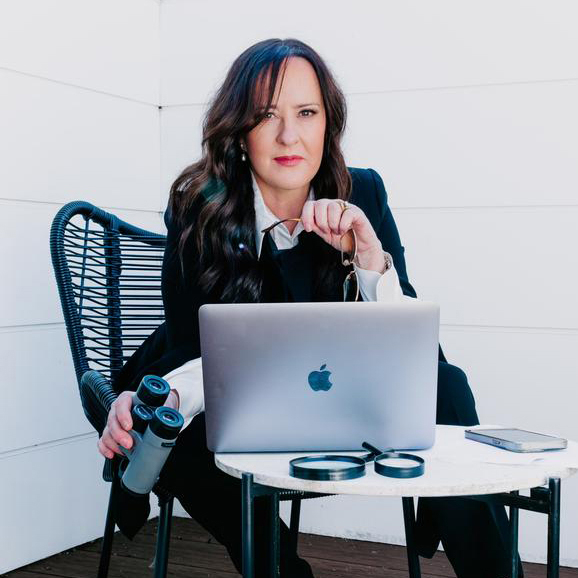With her two mobile phones—one white and one black—Kylee Dennis leads a double life.
She sits at her desk in her home on the south coast of New South Wales, Australia, and scrolls through messages on her black “undercover” mobile. There are conversations with doctors, pilots, engineers—all professing their devotion for Samantha, Dennis’s online persona.

